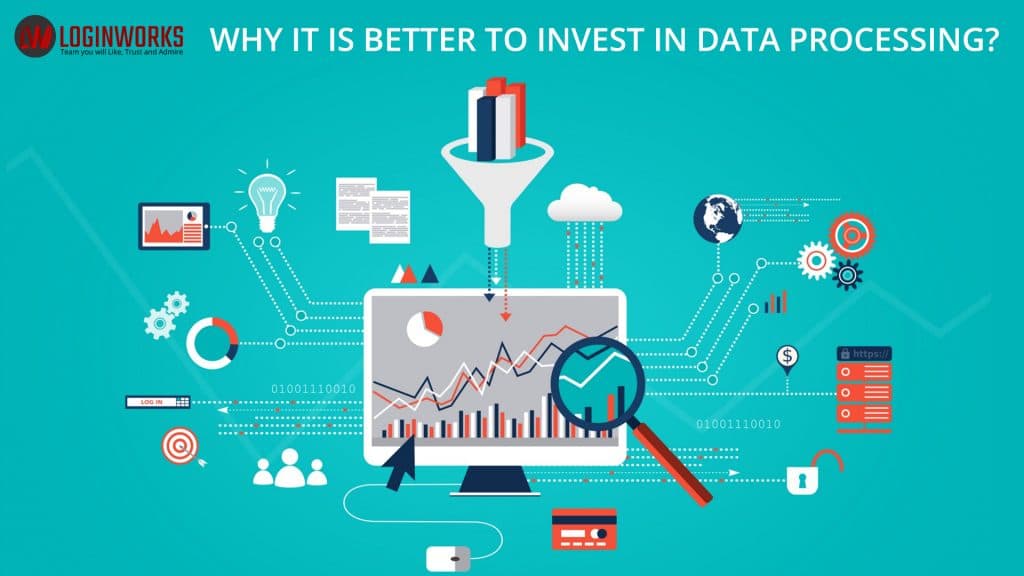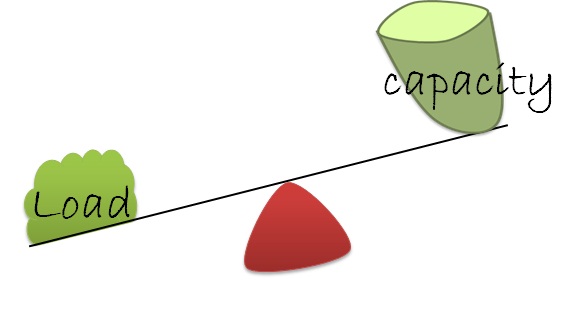Investing in Data Processing is investing in your companies future. If you haven’t started yet, this article is going to give you some food for thought in terms of why it’s important to start sooner than later.
Jump to Section
Capture of Business Data
Without effective data processing, much of a businesses data is lost and business intelligence lost with it. Part of data processing is to ensure there are effective capture and storage processes in place to prevent loss of information. Some examples of ensuring data capture include replacing manual records with digital ones and creating databases which effectively link related data. Data capture is an important step in ensuring a business has effective data, and so information is always available easily in all areas of the business.
Automate Routine Tasks
Investing in data processing will allow you to automate routine tasks which could save huge amounts on man-hours, and improve the scalability of your business.
Areas that work well for data processing automation are customer records, billing, payroll, reporting, stock control, and performance monitoring.
Data processing models in billing can help gain immediate control of overdue accounts, reconcile payments, and increase cash flow.
Stock control can be automated by data processing, effective methods can trigger timely ordering and even prompt specials for items with short shelf lives or long turnarounds. Performance monitoring is far simpler when data is processed digitally.
Get Better Reporting Capacity
Many companies are not aware of how much time key management personnel are spending on manually manipulating spreadsheets, or where reporting is simply ignored because the task is too difficult and too time-consuming. Automating reporting through data processing frees up valuable management time to use the reports for the job they are supposed to be doing, that is managing business processes.
A properly set up data processing system ensures that data is error checked, integrated into uniform formats, and then reports can be automatically drawn by users without massive amounts of time involved.
When investing in a data system for reporting it’s important that users who are invested in the data play a key role in the data system design.
Streamline Productivity
Data processing can provide information to different departments or personnel allowing them to streamline production or services. For example, organized data on common customer complaints can help a customer service agent more quickly and efficiently handle incoming queries, as a ready answer is made for many questions. The automated response data will speed up some of the query handling, and help training new staff.
Personalizing Customer Experiences
Data processing of customer interactions and records can allow businesses to fine-tune their customer’s experience to match individual profiles. Processing customer records can also identify customers who are helping your business. Alerts may be set for identifying repeat customers, or new customers who have good potential for marketing, for example, new commercial customers may be worth providing joining rewards as they can result in extended business if their company chooses to shift suppliers. Customer profiling can also help identify problem customers who don’t pay or who are high maintenance.
Track Advertising and Marketing Efforts
Data can help prove if advertising campaigns are working and how. When data from advertising campaigns are used properly, they will show the return on investment for each channel. Determining exactly what is working well and which marketing methods have effective conversions will allow businesses to refine marketing plans for attracting more customers and improving market share.
Compare Product and Sales Channels More Accurately
Data processing can help compare product performance in different sales channels. In a data processing model, once the ETL (extract, transform, load) functions are set up properly, we can compare multiple sources of information in one place. With this benefit, products can be compared with information sources from multiple platforms. Information can also be easily collated, displayed, and exported for sharing.
Engage Analytics
Only once data is processed can business analysts and data scientists go to work on analyzing the data to find solutions. Data needs to be cleaned, validated, and organized by the data processing step, meaning the analyst or SME (subject matter expert) can then go to work finding meaning in the data. If companies don’t invest in data processing, either the analyst or SME needs to do this step themselves, at a higher cost and inefficient use of expertise, or the meaning available from the data will be inaccurate and with very little information.
Data Analytics In-House
With proper data processing, analytics today can often be performed at a business level. Analytics are becoming more industry orientated as data processing and management technology becomes more advanced. One can think of data management like the tools that transferred typing and calculations from a specially skilled pool to the end users. No one needs a typing pool or assistance with calculations now that we have word processors and spreadsheets. If data is provided in an effective form by good processing techniques, companies can save money on analytics. End users are now capable of reading figures if properly presented in most low tech applications. Complex solutions and more in-depth analysis of course still need expert assistance.
Validate and Track Data You’re Currently Not Using
Without data processing, the data a business creates is not used properly. Data processing cleans data and transforms it into usable forms. Managers can then access the data effectively to make decisions. There is quite possibly a great deal of data within your business that is not currently being used. Investing in proper data processing programs that are individually suited to your business can help harness the power of unused data. Examples of unused data are customer service emails, call center transcripts or social media interaction. These areas are great data capture points, processing of the data can the provide meaningful insights, such as matching certain key-words or phrases in the interaction to work out how often certain queries are raised.
Stop Working on Guesses
With proper processed data, decisions can be made from informed facts, rather than working on gut instinct. With estimates and gut instinct, the margin for error is large. Properly processed figures have errors removed, are validated, and correlated with confidence and the process once set up can be easily repeated. Accurately processed data provides facts. Working on facts improves performance, and increases your chance of success.
Summary
Data processing is the important first step in gaining insight that can be used in analytics. Without investing in effective data processing a company relies on inaccurate or time-consuming processes. Investing in data processing will improve productivity, improve customer services, and streamline processes. Good data processing also means analysts, business experts, and managers have the data at their disposal to make effective decisions. Investing in data processing for businesses is not an expenditure but an income generating activity, and well worth it.
- Business Intelligence Vs Data Analytics: What’s the Difference? - December 10, 2020
- Effective Ways Data Analytics Helps Improve Business Growth - July 28, 2020
- How the Automotive Industry is Benefitting From Web Scraping - July 23, 2020



